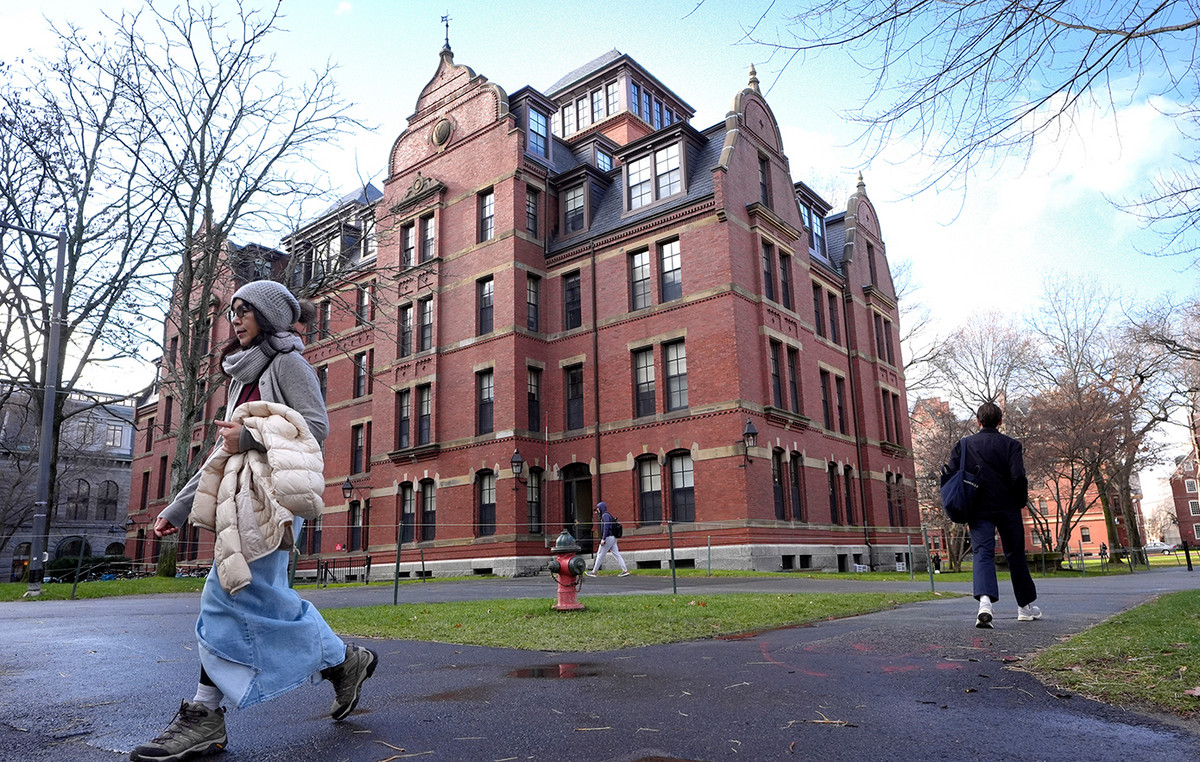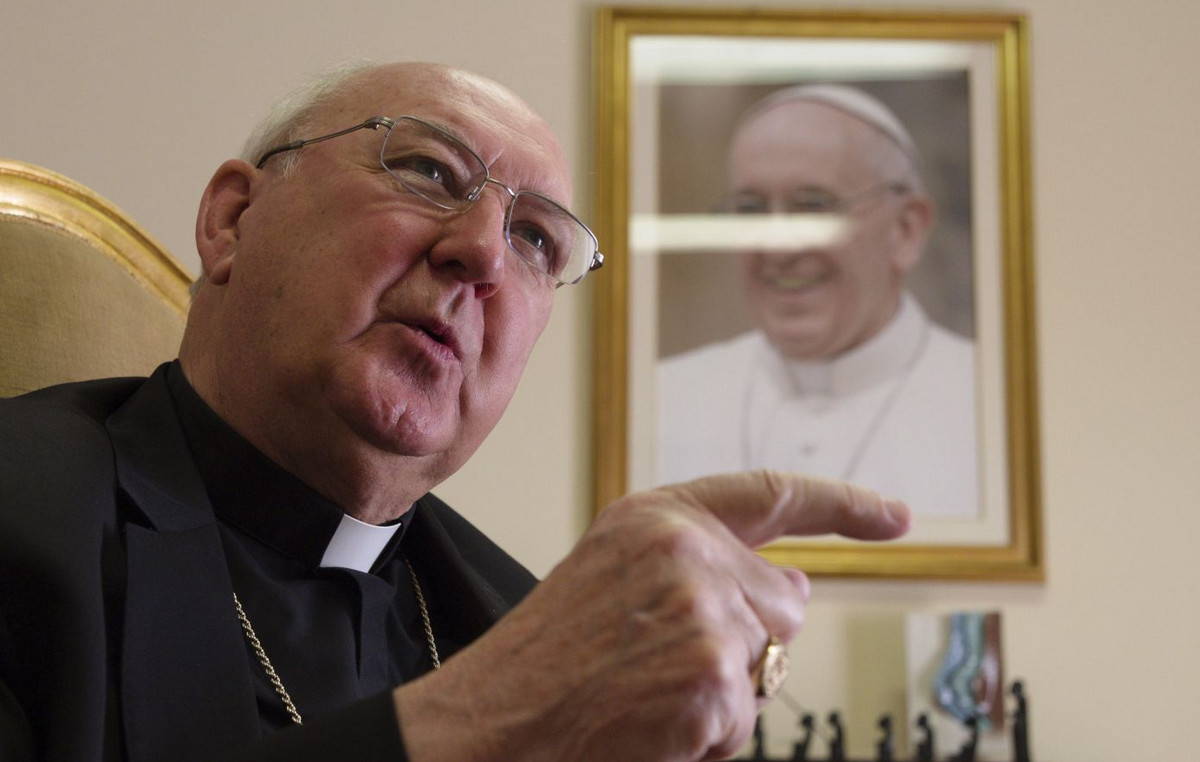Tesla took to court on Monday to defend the massive compensation package that helped make CEO Elon Musk the richest person on Earth.
The Delaware Court of Chancery in Wilmington will host the week-long trial to examine the 2018 compensation plan that the automaker’s board of directors created for Musk. The trial began at 9:15 am on Monday.
Musk himself is due to testify on Wednesday (16).
The automaker said at the time that the compensation deal could be worth nearly $56 billion, making it the largest payout package for anyone on Earth from a publicly traded company, and the net worth today is $50.9 billion. .
Even in the thin air of the CEO salary, Musk’s compensation plan stood out. Millions and millions of dollars are often spent on corporate executives at the biggest companies, but the plan to pay Musk initially totaled tens of billions as long as he met performance targets. It wasn’t cash – top executive pay rarely is – but company stock.
The higher Tesla was, the more those shares would be valued, the more Musk would be awarded, and the more those shares would be worth. And as Tesla shares soared higher and higher, that helped propel him to a net worth of over $300 billion at one point as shareholders reaped the potential gains.
But at all times, Musk was dividing his time between his many other endeavors. SpaceX began regularly sending astronauts to the International Space Station. The Boring Company built a Loop under the Las Vegas Convention Center. And then, of course, he bought Twitter.
Massive CEO Payout
Musk isn’t the only one to benefit from the rise in the value of Tesla’s stock and options, however. As well as shareholders. Tesla’s market cap is up more than 1,000% since they approved their pay package in March 2018.
The case could be significant for Tesla, given the serious questions raised about its executive pay, according to corporate governance experts. Tesla’s board of directors defended the compensation package.
The judgment could also reinvigorate the debate over executive pay, including large share grants they receive. S&P 500 CEOs received an average of $18.3 million in compensation in 2021, 324 times the average corporate salary. This disparity has grown in recent years.
Amazon CEO Andy Jassy, for example, received compensation valued at $212.7 million in 2021. Apple CEO Tim Cook received nearly $100 million last year. Microsoft CEO Satya Nadella received nearly $50 million in 2021.
Plaintiff Richard J. Tornetta alleges on behalf of Tesla shareholders that Musk exploited his control over the company and its board of directors to secure the massive compensation package in order to “fund his personal ambition to colonize Mars.”
Musk entered March 2018, the month that shareholders approved the compensation plan, at number 41 on the Bloomberg Billionaire’s Index, due in large part to his involvement in Tesla and SpaceX. At the time, Tesla was a promising but troubled automaker. It had lost nearly $2 billion the previous year and was struggling to overcome production delays as it built its Model 3 sedan for the mass market. Musk talked about being in “production hell” as well as “delivery logistics hell” during the year, and joked about bankruptcy.
Many questioned whether the company could survive as an independent automaker.
Tesla’s board of directors felt that, with proper execution, the automaker could become one of the most valuable companies in the world and wanted to encourage Musk to lead it for the long term. The compensation plan included 12 shares of stock that Musk would receive if the milestones were reached, including Tesla’s market capitalization as well as its adjusted revenue and earnings. (Each share lot would be gained if Tesla’s market capitalization increased another $50 billion above $100 billion. Other milestones included reaching $35 billion in annualized revenue and $3 billion in adjusted earnings.)
The plan, originally thought to be paid out over a decade, turned out to be hugely profitable for Musk and at a surprising time. Tesla was the top performing US stock of 2020 and became America’s most valuable automaker of all time. His small SUV, the Model Y, has recently become the best-selling car in Europe.
Musk has reached many of the milestones that trigger payouts, and he’s expected to win the final batch early next year.
The pay plan helped Musk become the richest person in the world, with an estimated net worth of $184 billion, according to the Bloomberg Billionaire’s Index. His true net worth can be difficult to estimate as a significant portion is invested in SpaceX, a private company that does not need to publicly disclose detailed financial information that could show a decline or increase in value. Tech stocks and the entire stock market in general have fallen sharply this year.
How shareholders fit in
Richard Tornetta, who originally filed the suit in June 2018, alleges that Tesla’s board of directors violated his fiduciary duties for waste, and Musk violated his own fiduciary duties for unjust enrichment.
Tornetta argued in his original 2018 complaint that the compensation plan was unnecessary to incentivize Musk as he already had a large equity stake in the automaker.
The lawsuit was certified as a class action case by the court in January 2021. The case took years to go through the system due to the protracted nature of the litigation, including a motion by Tesla to dismiss the claim.
Tornetta’s complaint alleges that the board of directors that created Musk’s compensation plan did not have sufficient independence from him. The board included Musk’s brother Kimbal, as well as friends Anthony Gracias and Steve Jurvetson – both of whom have since left Tesla’s board.
Carla Hayn, a professor who teaches corporate governance at UCLA’s business school, told CNN Business that the case is serious for Tesla as it will be a heavy burden for the automaker to prove that the compensation and process to create it was fair.
“This is a huge package,” Hayn said of the compensation plan. “Did they need to cede so much of the company to Musk to align their interests and keep him as CEO?”
She noted that Institutional Shareholder Services and Glass Lewis, consulting firms, recommended in 2018 that Tesla shareholders reject the compensation plan.
Institutional Shareholder Services warned that the plan “locks in unprecedented high-paying opportunities for the next decade” and noted that Musk already owned 22% of Tesla, aligning his interests with it. But shareholders approved the plan, she noted.
Tesla’s Leadership
Hayn noted that Musk’s close relationships with board members could be problematic for Tesla in the case.
“Given that the entire board is very much under Musk’s influence, it’s hard to know if anything they did would follow the proper process,” she said.
Tesla’s board of directors said it created the plan “after more than six months of careful consideration with a leading independent compensation advisor, as well as discussions with Elon.”
“We gave Elon the ability to share the advantages in a way that is commensurate with the difficulty of achieving them,” they said at the time.
Tesla did not respond to a request for comment and generally does not engage with professional media.
The trial is expected to last a week. Chancery court judges sometimes rule from the bench, but this is unusual. It can take weeks to months for a decision to be issued.
Musk became a regular at the Delaware Court of Chancery. Last month, his takeover of Twitter nearly went to trial in court. He testified in court last year in a dispute over Tesla’s acquisition of SolarCity. A judge ruled in Musk’s favor in April.
Musk’s unique management style will be a topic of discussion. He leads several ventures outside of Tesla: the aerospace company SpaceX; its tunneling venture The Boring Co.; a brain interface startup, Neuralink; and Twitter. It is unusual for executives to hold multiple CEO titles.
Source: CNN Brasil
A journalist with over 7 years of experience in the news industry, currently working at World Stock Market as an author for the Entertainment section and also contributing to the Economics or finance section on a part-time basis. Has a passion for Entertainment and fashion topics, and has put in a lot of research and effort to provide accurate information to readers.







